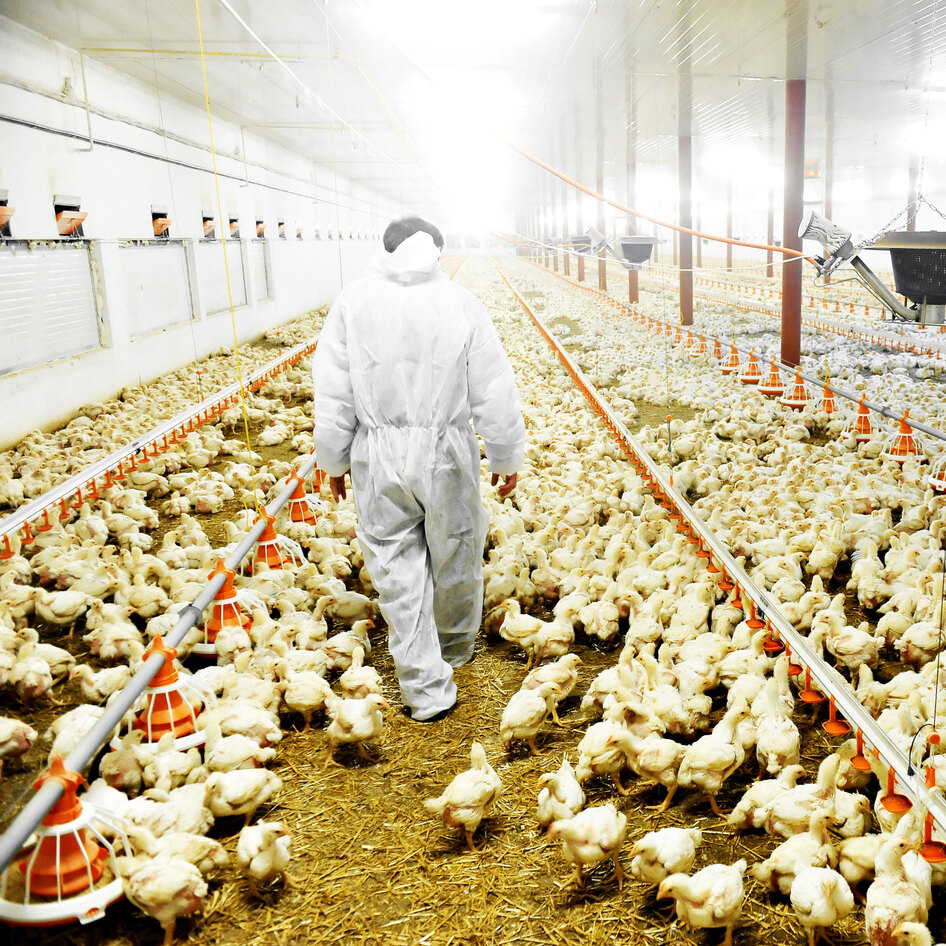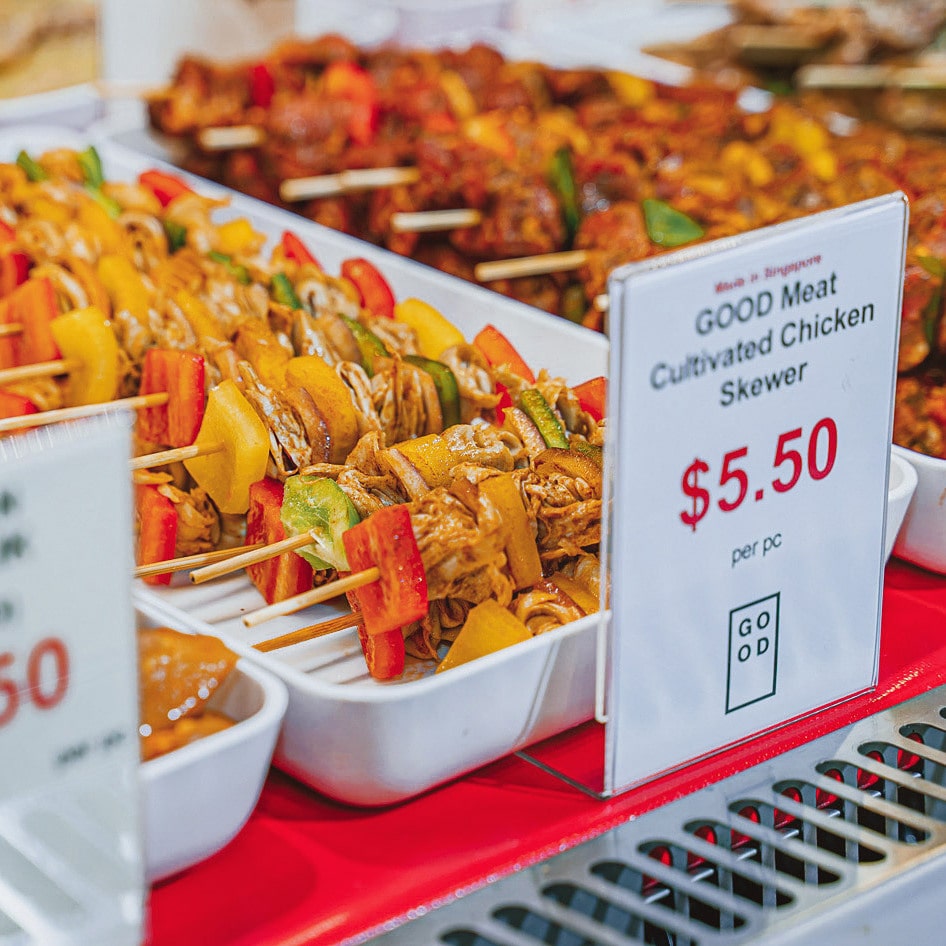This week, more than 650 workers at a slaughterhouse operated by meat company Tönnies Group in the German city of Gütersloh tested positive for COVID-19—the biggest outbreak of the virus in Germany since the country began relaxing lockdown restrictions in early May. The slaughterhouse is now temporarily closed and 1,000 workers have been tested thus far, with thousands more awaiting results. All workers at the plant and their close contacts have been advised to self-isolate to prevent the spread of COVID-19. Due to the outbreak, the local authorities have closed schools and childcare centers until the end of the month. “Our plants have not been built for a pandemic,” Gereon Schulze Althoff, Tönnies Group Director of Quality Management and Veterinary services, said during a news conference.
In many parts of the world, slaughterhouses have become veritable hot spots of COVID-19 infections, including in Ghana where 533 workers tested positive at a fish-processing facility in May, accounting for 11.3 percent of all known COVID-19 cases in the country at the time.
Stateside, in April, approximately 20 major slaughterhouses closed after meat companies were unable to contain the spread of COVID-19 among workers leading to nationwide animal meat shortages. Despite the public health threat, many slaughterhouses began to reopen under Trump’s executive order issued on April 28. Currently, 20,400 COVID-19 infections have been recorded across 216 meat plants in 33 states, according to the most recent data compiled by the Midwest Center for Investigative Reporting. At least 74 meat workers have died in the US due to COVID-19.
JUMP TO ... Latest News | Recipes | Guides | Health | Subscribe







